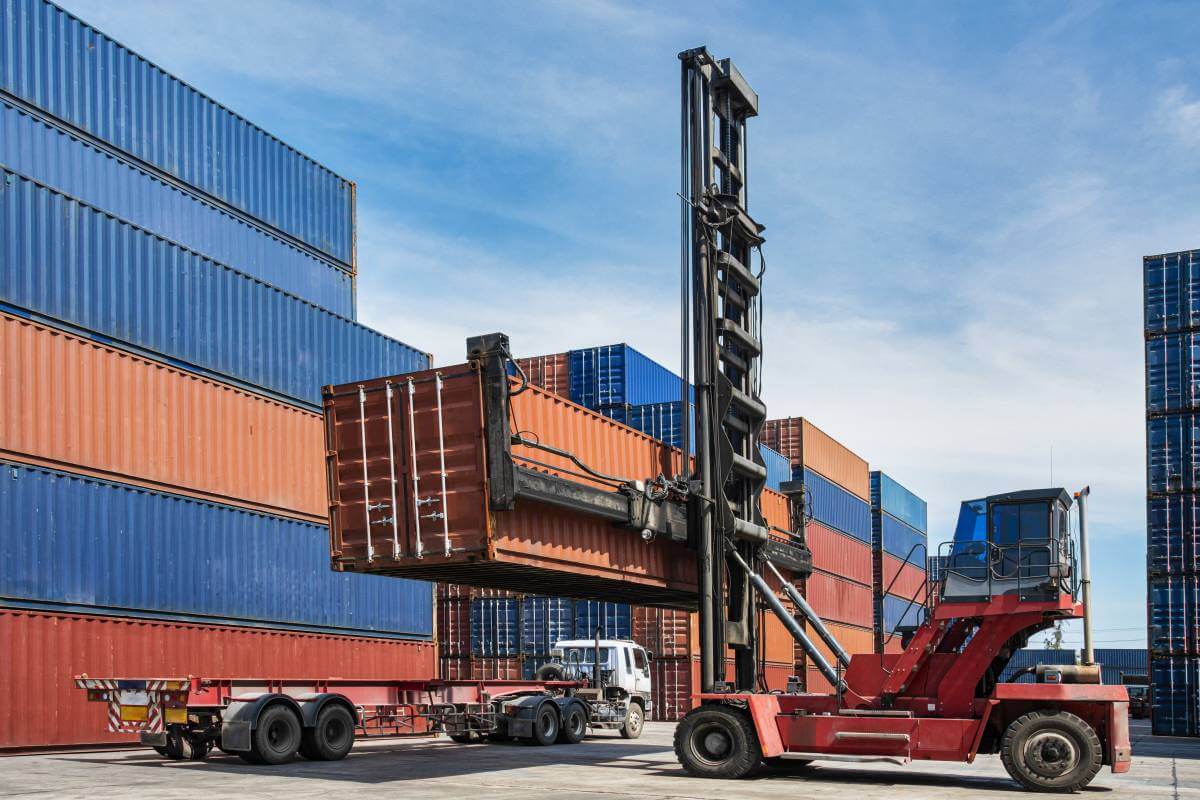How much is asset loss costing your organisation?
How many times have you misplaced your car or house keys when you're running late for an appointment and spent frustrating minutes searching for them? Or how about absent-mindedly putting your mobile phone down somewhere when you're at home or at work and having to retrace your steps to find it?
Even the most organised of us have experienced these scenarios, together with the wasted time and exasperation that comes with them. Now, take these common, everyday occurrences and apply them at a corporate level to get an idea of the scale of what happens many times in Australian businesses and organisations every day.

The loss of assets - big and small - cost Australian organisations collectively $4.3 billion every year. This staggering figure comes from a study conducted by Telsyte for Telstra in 2019. In the foreword, Telstra's Global IoT Solutions Executive, Gerhard Loots, described this "like losing 21,000 buses, 850,000 shipping containers, or 2.8 million laptops."
He adds that, while 82% of organisations said they try to recover their lost assets, they are only successful 22% of the time. And, while the monetary value of these assets is significant on its own, the true cost goes way beyond this.
Lost assets due to employee error or theft
Think about your organisation and the valuable time your staff waste trying to track down misplaced assets. The study found that, on average, businesses spend at least 55 hours a year searching for lost physical assets that don't have a tracker attached.
Ironically, it's these very same employees who are mostly responsible for the problem in the first place. According to the Telstra study, physical assets that don't use tracking technologies are most likely to be misplaced by employees (46%). This is followed by assets not being property stocked initially (36%) and being stolen by employees (29%).

You may well be running a tally in your head right now, trying to calculate what assets have been lost to your business or organisation. The Telstra study provides the following estimate of the types and values of assets lost each year:
- $930m of shipping equipment (like containers) or mobile storage
- $880m of high-value IT equipment
- $708m of vehicles
- $596m of important small assets like key cards
- $440m of small plant and equipment
- $298m of construction assets
- $189m of industry-specific equipment
- $75m of biological assets (e.g. animal stock)
It's likely the assets you've lost fall into one of these categories. And, if you're like most Australian businesses, you will be writing this off simply as 'the cost of doing business'. This is not a cost you have to keep on absorbing, however. There is a better way.
Protect your business with asset tracking
It starts with not having to place the responsibility on your employees for manually tracking and logging all of your assets. Technology is now available that lets you work smarter, not harder, by taking care of this important but often neglected task.
While you might be familiar with asset tracking for vehicles, which is where this technology made its mark initially, there are a number of simpler and more cost-effective ways to introduce robust and comprehensive tracking.

Deloitte explains, for example, that GPS is a relevant and reliable technology for outdoor tracking and asset navigation. But if you want to find a specific object in a warehouse or supermarket, this technology won't help you. Some of the newer kids on the asset tracking block are the Internet of Things (IoT), 5G, RFID, Wi-Fi, NFC and Bluetooth, which can locate assets to within a few centimetres.
The good news is that you don't have to know what these acronyms stand for - let alone what they mean - as there are now reputable providers like us to help you successfully navigate the world of asset tracking.
Asset tracking can return up to 134% ROI
While some business decision-makers aren't convinced that the cost of introducing asset tracking is worth the value of what's lost, consider this statistic from the Telstra survey: On average, organisations expect a 134% return on investment from implementing asset tracking solutions. Put another way, that's $1.34 for every dollar spent.
While cost savings are the biggest benefit of introducing asset tracking, modern businesses can also expect to prevent loss in the first place, optimise asset utilisation, stay on top of maintenance requirements and improve employee productivity. Surveillance and monitoring of assets is another advantage of asset tracking, as well as a reduction in insurance premiums.
However, comprehensive asset tracking is more than just being able to locate an object. When you overlay IoT asset tracking with new technologies like big data, advanced analytics, machine learning and artificial intelligence (AI) you can unlock a huge amount of value that currently lies dormant in your business.
By centralising all your asset data into a single location and using modern technologies to interrogate it, you can get detailed real-time insights that let you optimise your business operations, drive efficiencies and lift profitability.
How we can help with your asset tracking
Our Kloud offers Connect - a suite of IoT solutions that help you get more value from your assets through increased visibility and connectivity. Whether you want to improve the utilisation rate of your assets, reduce the time spent trying to locate them, or comply with regulations we can help.
For example, you can maximise fuel tax credits and fringe benefit tax claims by introducing asset tracking that provides the supporting evidence needed. An FTC claim increase from 16c to 42c per litre makes a compelling argument!
Connect's IoT-connected devices and custom software can improve traceability and reduce losses across all types of assets and in many different industries. It's far more than just vehicle tracking though; it's tracking for every type of asset - including non-powered assets, industrial assets, smart sensors and people - with easy software integration and artificial intelligence that enables real-time decision making.
Now you can track where your assets are and where they've been and monitor onboard diagnostic data, movement patterns, performance and operator behaviour. Get in touch with one of our team to find out more.